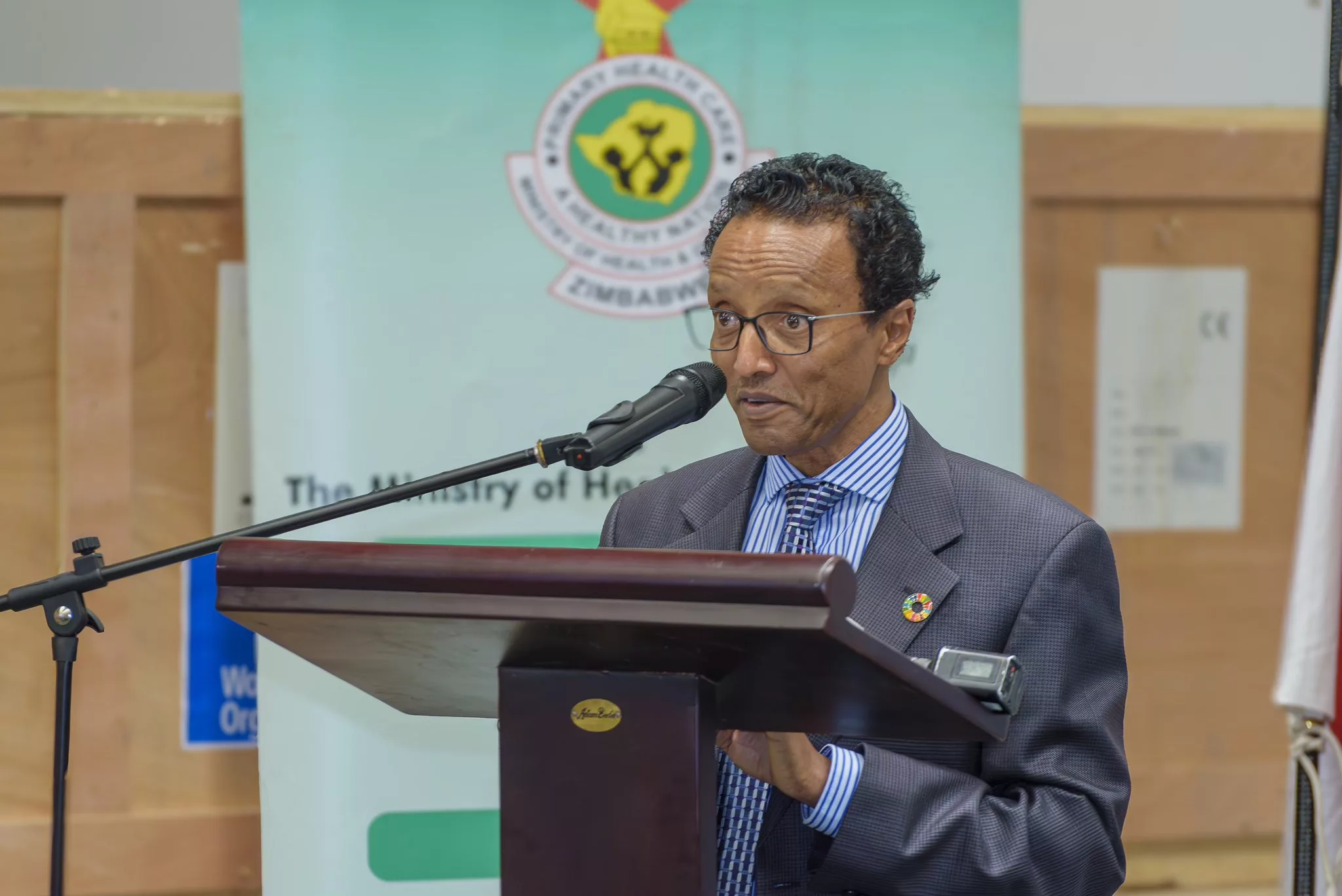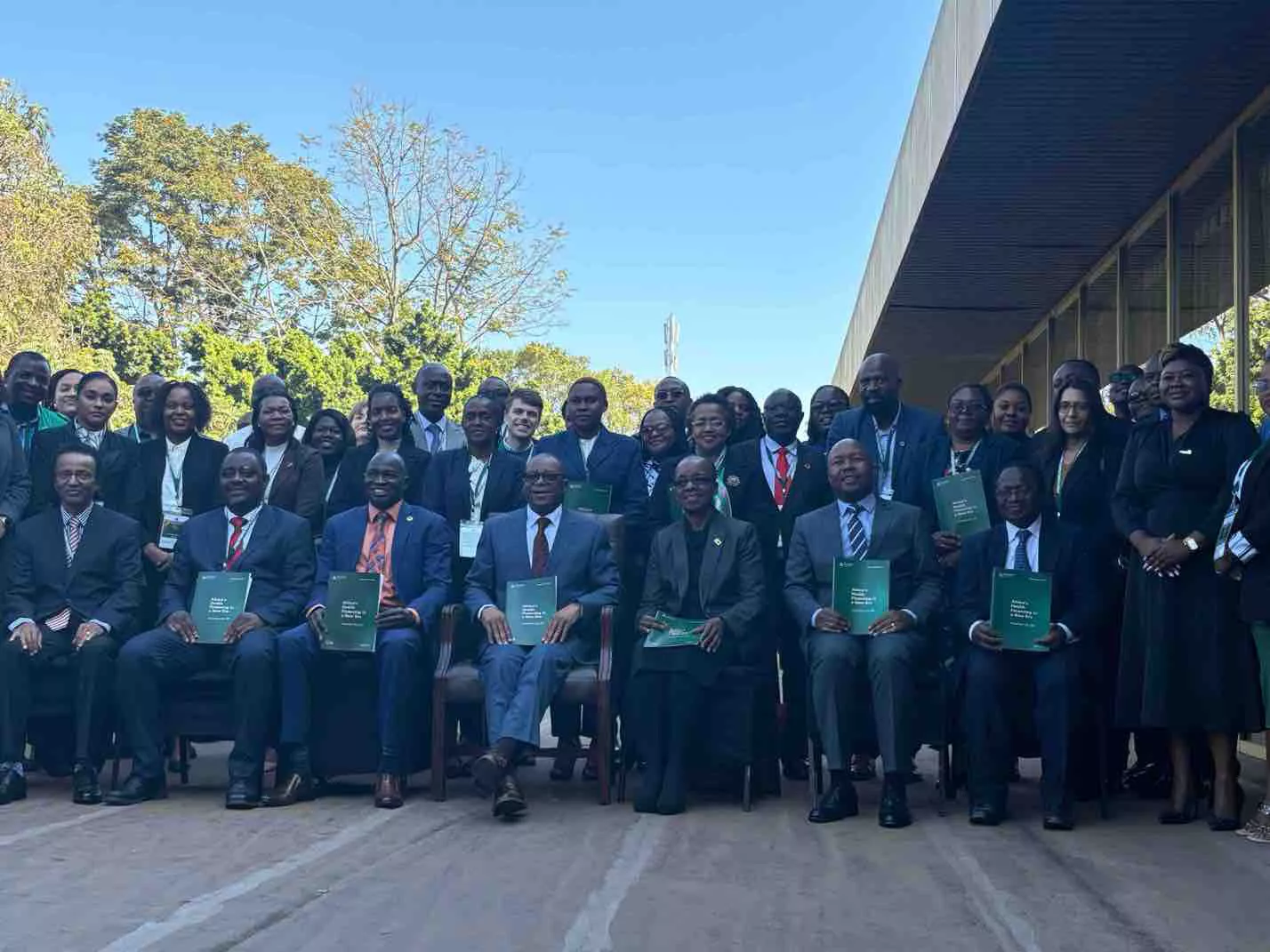|
Getting your Trinity Audio player ready...
|
Harare, Zimbabwe — The Zimbabwe Health Reform Campaign has issued a strong call for urgent reforms in the country’s healthcare system, highlighting a growing crisis driven by the rising burden of non-communicable diseases (NCDs) and persistent structural failings.
The campaign—a collective of concerned individuals and organisations—warns that without decisive action, Zimbabwe risks worsening health disparities, especially among vulnerable rural populations.
In its newly released position paper, the coalition outlines four key demands to government policymakers:
Increased Healthcare Funding: Meeting the Abuja Declaration target of allocating 15% of the national budget to health to ensure adequate resources, infrastructure, and service delivery.
Improved Access: Addressing rural-urban healthcare disparities by investing in facilities, personnel, and transport for better access to services across the country.
Transparency and Accountability: Implementing clear, trackable mechanisms for how funds—especially those earmarked for NCD treatment—are allocated and used.
Health First Approach: Putting people living with NCDs such as cancer, diabetes, and hypertension at the centre of policy decisions, planning, and service delivery.
Escalating Health Crisis
Zimbabwe’s healthcare system is under pressure from a rising tide of non-communicable diseases. While historically dominated by communicable diseases like HIV/AIDS, tuberculosis, and malaria, Zimbabwe now faces increasing rates of cancers, diabetes, hypertension, and other chronic conditions.
“These conditions are killing and disabling people every day,” the Campaign states, adding that rural communities are often hardest hit due to poor infrastructure and lack of specialist services.
Broken Promises on NCD Funding
The position paper also challenges the government to deliver on past promises. It cites the 2022 national budget presentation by Finance Minister Mthuli Ncube, in which he announced increased excise taxes on cigarettes and energy drinks. These new revenues were to be ring-fenced and directed specifically to a Non-Communicable Diseases Fund.
Minister Ncube said at the time: “Additional funds generated from the review of excise duty on cigarettes and energy drinks will be ring-fenced and appropriated… towards treatment and support of cancer, diabetes, and other patients through the Non-Communicable Diseases Fund.”
However, campaigners argue that this commitment has not materialized.
“Up until now, there is no Non-Communicable Diseases Fund to speak of, no ring-fencing mechanisms in place, and no accountability and transparency to report,” the statement reads.
Instead, the Campaign describes a grim reality of escalating suffering, death, and disability, compounded by poor living conditions and economic hardship.
Demand for Tangible Results
The Zimbabwe Health Reform Campaign is calling for more than empty rhetoric. It wants concrete, transparent plans to show how new revenues are being used to support NCD patients.
“Where is the impact? We need tangible results, not just promises,” the Campaign insists.
A National Call to Action
The Campaign is urging the government to act decisively by allocating sufficient, protected funding for NCD treatment and support services; improving healthcare access in rural and marginalized areas; and establishing transparent mechanisms to track and report on all health funding, especially NCD-specific allocations.
“We invite individuals, organizations, and stakeholders to join the Zimbabwe Health Reform Campaign and demand change,” the statement concludes.
Using the hashtag #HealthFirst, the movement aims to rally Zimbabweans around the shared goal of building an equitable, responsive, and sustainable health system that meets the needs of all citizens, especially those living with NCDs.






